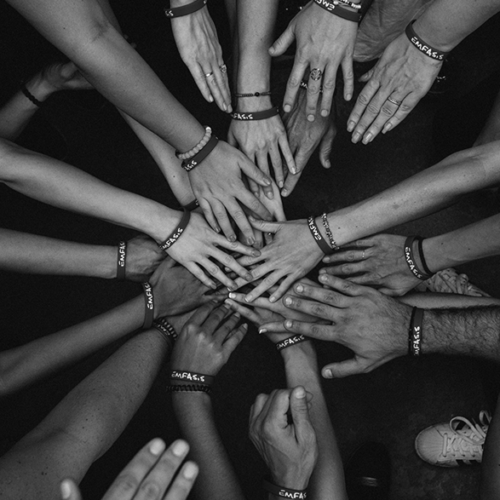Víziónk

Hírek
Seeds of a New World
What is #ClimateofChange all about?
The climate has changed before in world history. But the drastic changes of today are massively driven by human activity. The way we live our lives, by aggressively extracting resources and burning fossil fuels, is a huge driver of planetary devastation. At a human level, this global economy is deeply unequal at its core, based on corporations and rich societies profiting from the resources, lives, and habitats of others.
#ClimateofChange sees the climate crisis as intertwined with migration, rooted in an unfair economic system. Participation is core to securing a just transition to a sustainable system that works for all.
Our situation is highly complex, and you can’t separate these topics – they are connected.
The environmental crisis is a social crisis
OUR RESPONSE
We need a system that puts ecological and social aspects at the centre of political and individual decisions. Climate justice for all is a matter of rights. For a just transition, #CofC demands governments make the right changes to laws.
The term “just transition” does not only define WHAT this new system will look like, but also HOW we will make it there. A just transition ensures that a process towards change guarantees basic needs are met and social wellbeing is provided, for everyone.
For these reasons #ClimateOfChange advocates for:









